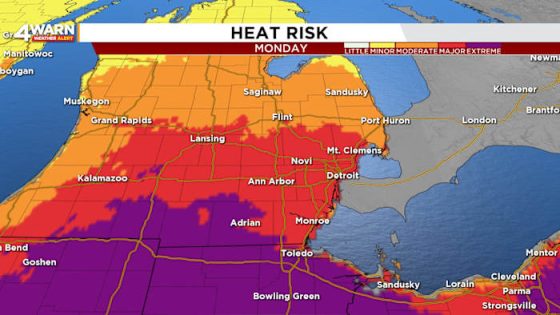President Donald Trump announced on Thursday he is extending tariffs on goods from Mexico, the united states‘ largest trading partner. This decision comes as Trump pauses higher tariffs that were set to take effect on July 31, 2025.
- Trump extends tariffs with Mexico for 90 days.
- Goods from Mexico taxed at 25% unless compliant.
- Mexico is America's top source of imports.
- No retaliation from Mexico on current tariffs.
- Canada faces similar tariff threats from Trump.
- Universal tariff rates may increase for many countries.
Under the current arrangement, imports from Mexico will continue to be taxed at 25%, with exceptions for goods compliant with the USMCA trade deal. Trump expressed optimism after a productive conversation with Mexican President Claudia Sheinbaum, aiming to finalize a new trade deal within the next 90 days.
As the US increasingly relies on Mexico for various goods, including cars and electronics, the implications of these tariffs are significant. How will this affect American consumers and businesses?
This extension raises questions about the future of US-Mexico trade relations. Will Mexico retaliate if tariffs increase further? The current landscape suggests a delicate balance is necessary.
- Mexico is now the top source of US imports, surpassing China.
- Trump’s tariffs on China remain largely intact under Biden’s administration.
- Mexico has not retaliated yet, but threats loom if tariffs rise.
- Canada may face similar tariff risks as negotiations continue.
As negotiations unfold, staying informed will be crucial for businesses and consumers alike. Will a new trade deal emerge, or will tensions escalate?































